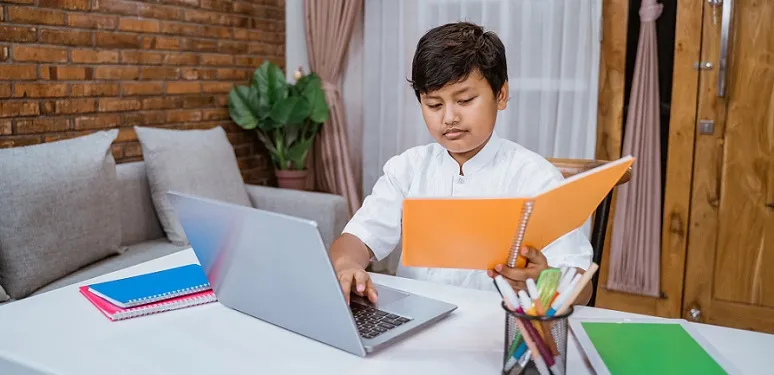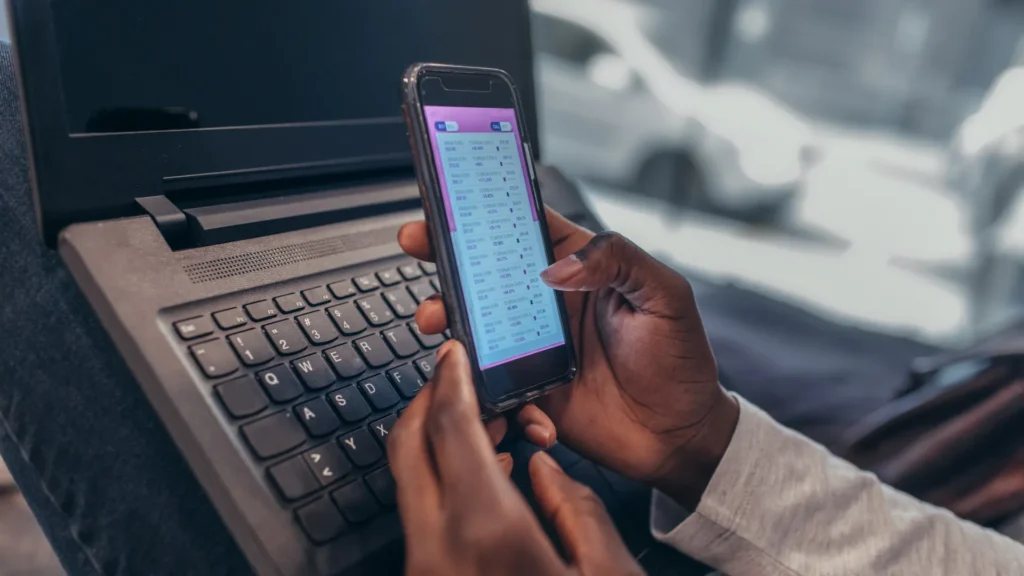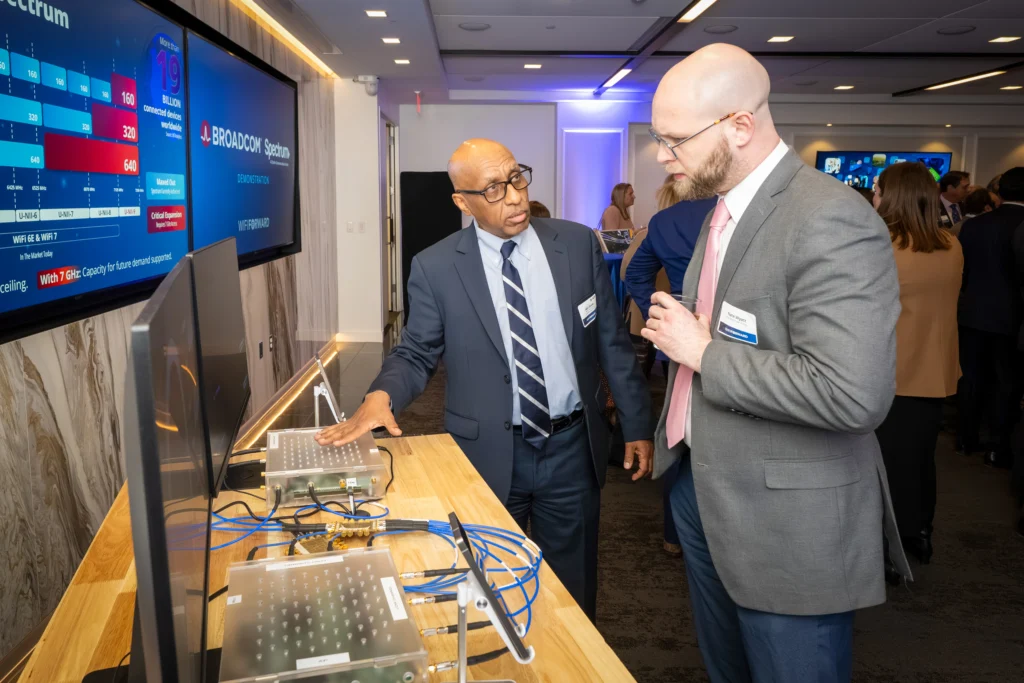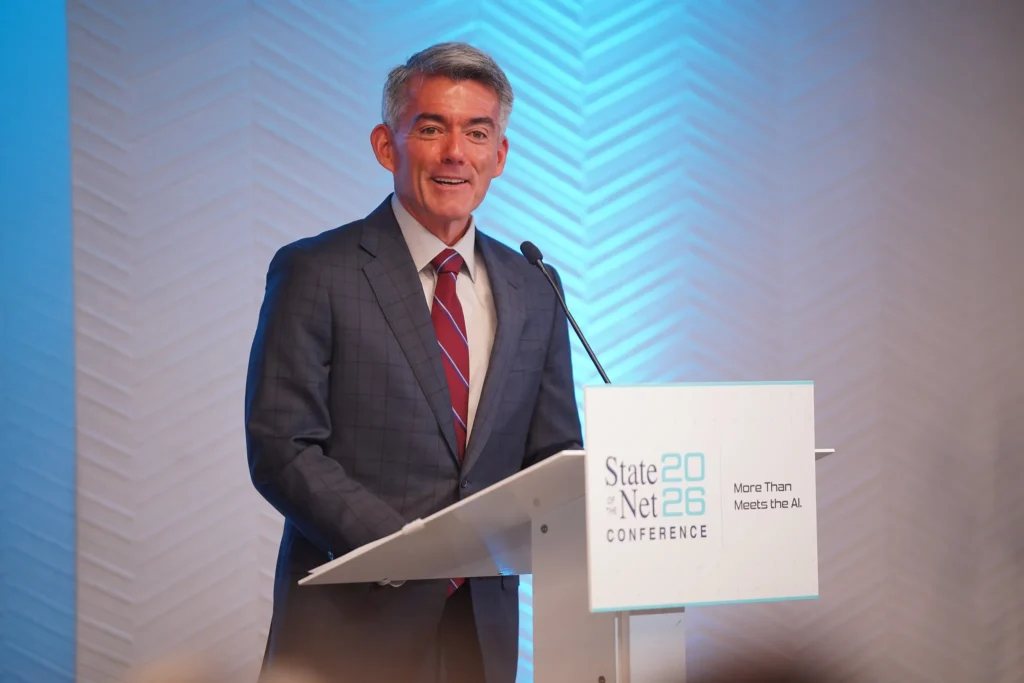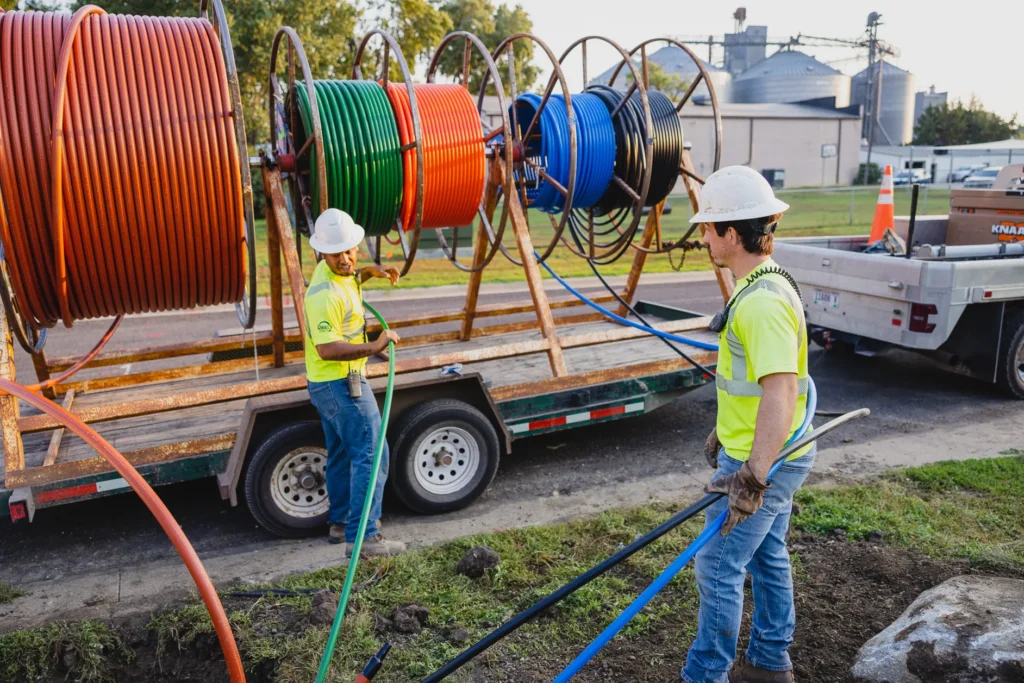When COVID-19 touched Tulsa, Oklahoma, last spring, the community knew it would face significant challenges in critical areas, particularly in the education space. As many school districts across the country moved online in lieu of school closures, the digital divide in high-need areas nationwide became even more pronounced, including in Tulsa. In fact, one in three households in Tulsa did not have the broadband connectivity necessary to attend virtual meetings or to participate in distance learning. Additionally, approximately 15% of Tulsa households lacked internet connectivity of any kind.
“Our school district partners had expressed very serious concerns about launching their distance and virtual learning plans because of the limited connectivity in student households,” said Dr. Delia Kimbrel, director of research and analytics at ImpactTulsa, a collective-impact network that helps leverage community-based efforts to connect Tulsa students.
ImpactTulsa, along with the City of Tulsa and school leaders across the district, came together to form the Tulsa Internet Access Taskforce to figure out a way to get the 23,000 unconnected Tulsa students online, especially as it looked more likely that distance learning would continue into the fall semester. Made up of city officials, community members, and non-profit and business leaders, the Taskforce approached Cox for help.
As a long-time internet service provider (ISP) and community partner in the area, Cox was known for making an impact for low-income families in the region – and across the country – through its Connect2Compete program, which offers discounted internet connectivity. In partnership with the Taskforce and school districts, the Cox team went straight to work. What ensued was a citywide collaborative undertaking that involved intensive outreach and efforts to identify qualifying families for the Connect2Compete program, and to acquire the funds necessary to cover the costs for those households to be able to retain long-term connectivity.
Through the new program, Cox offers two months of free service and a free router to all eligible low-income families with school-aged children who lack connectivity and who sign up for Connect2Compete by December 31. The Taskforce, in coordination with Oklahoma Governor Kevin Stitt, was also able to secure $5.6 million of CARES Act funding to pay the cost of internet service for qualifying families for a full 12 months, giving them 14 months of free service. A “Cox Essentials” internet option is also being funded through CARES Act dollars for a wide range of workers, including teachers, who have suffered economic setbacks as a result of the pandemic.
Roger Ramseyer, vice president and Tulsa market leader for Cox Communications and chairman of the Tulsa Regional Chamber of Commerce, relayed that the tremendous outreach the Taskforce performed to reach the right families, and to spread awareness of the benefits of the program, involved bringing in the trusted community non-profit, Tulsa Responds. The non-profit dispatched “internet navigators,” or outreach coordinators familiar with the community’s diverse population, to transcend the language and cultural barriers that previously prevented many families from getting connected.
“That’s one of the most exciting parts of the program: to reach parts of the community that were not previously inclined to sign up, either through a language difficulty or from the hurdles of going through the process,” said Ramseyer. “It was enlightening to see how much everyone became aligned around the same goal of making sure that Tulsa’s students who lacked connectivity would be able to study at home.”
Tiffani Bruton, director of public affairs for Cox’s central region, remarked, “Connectivity at home doesn’t just change the life of a student … it can change the life of the whole family if they take advantage of the opportunities it opens up.” Bruton shared the story of a single mother who was positively impacted thanks to the Connect2Compete program, which resonated deeply for her and the Cox team. While studying to become a nurse, the single mother had little choice but to drop out of her nursing program to care for her young children. Without internet connectivity at home, she couldn’t go to the local library to access the internet and complete her schoolwork. But shortly after enrolling in Connect2Compete, not only were her children able to get online to continue their schooling, she was also able to rejoin the nursing program and to complete the work online to obtain her degree. “For every family we connect, we’re changing a life,” said Bruton.
As the work continues to get every student online, Ramseyer and Bruton credit the holistic communal approach that the Tulsa Internet Access Taskforce, ImpactTulsa, Tulsa Responds, the City of Tulsa, and the school districts have taken to brainstorm solutions to bridge the digital divide, and to deliver those solutions to as many unconnected families as possible. “The beauty of this team is that everyone understands those obstacles, and we were able to deliver solutions to overcome those obstacles,” said Bruton. “You can have the service, and you can bring it to the neighborhood, but if people don’t know how to get to it, then it goes unused. That has been one of the most enlightening parts of the project for me.”

